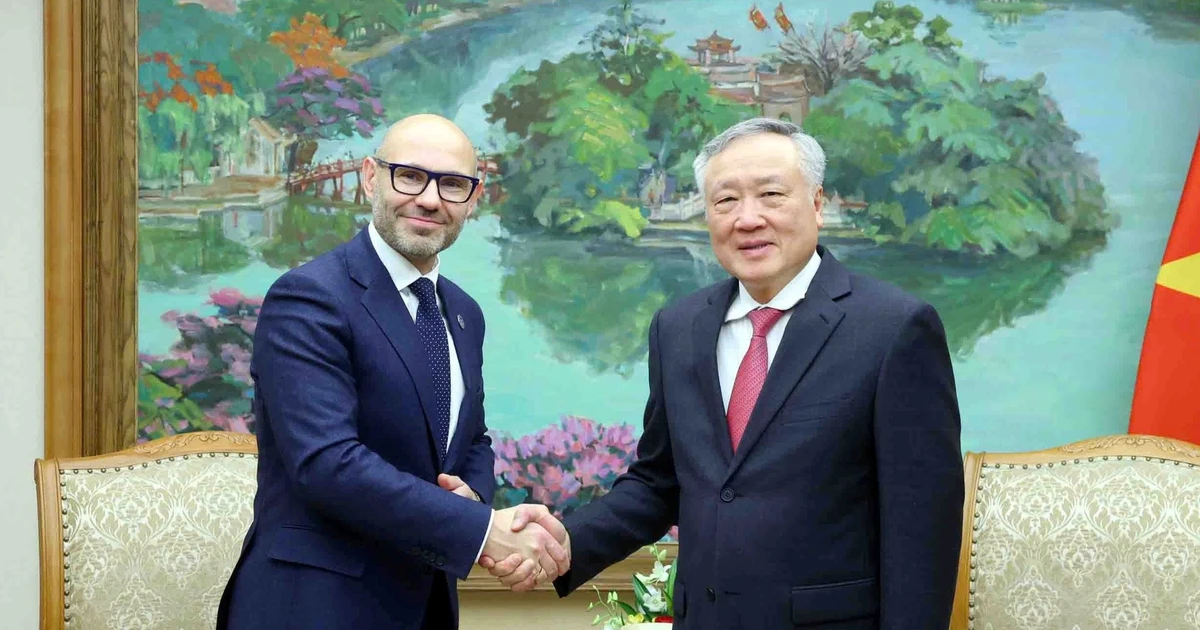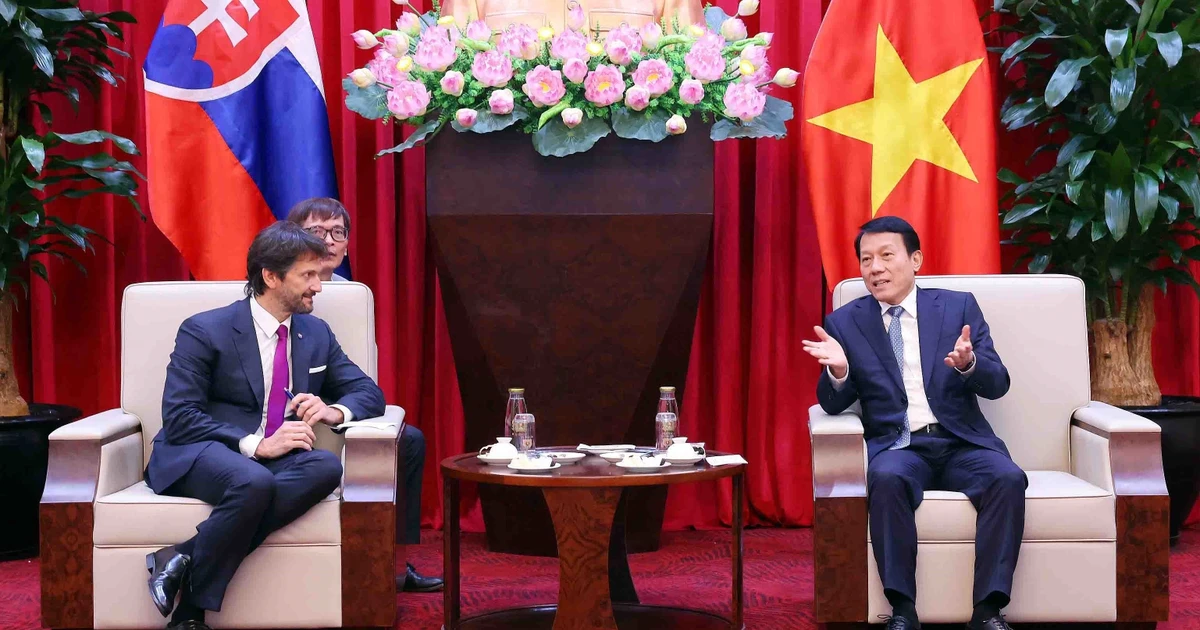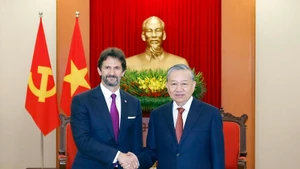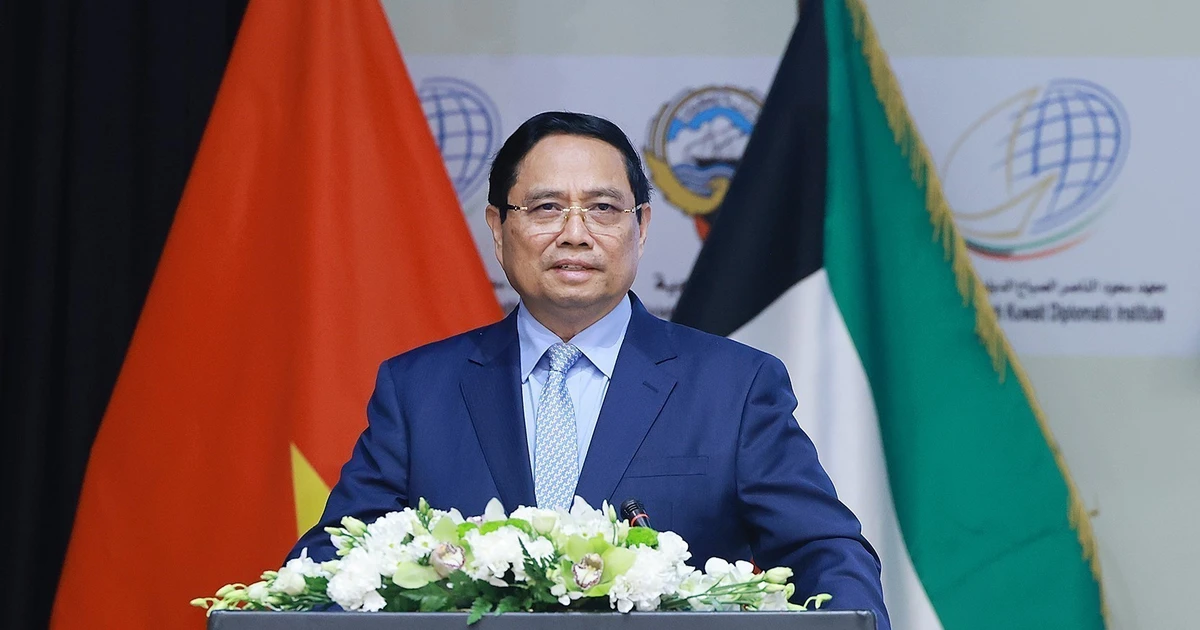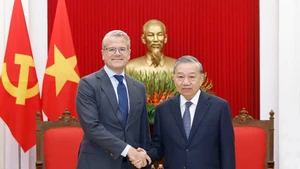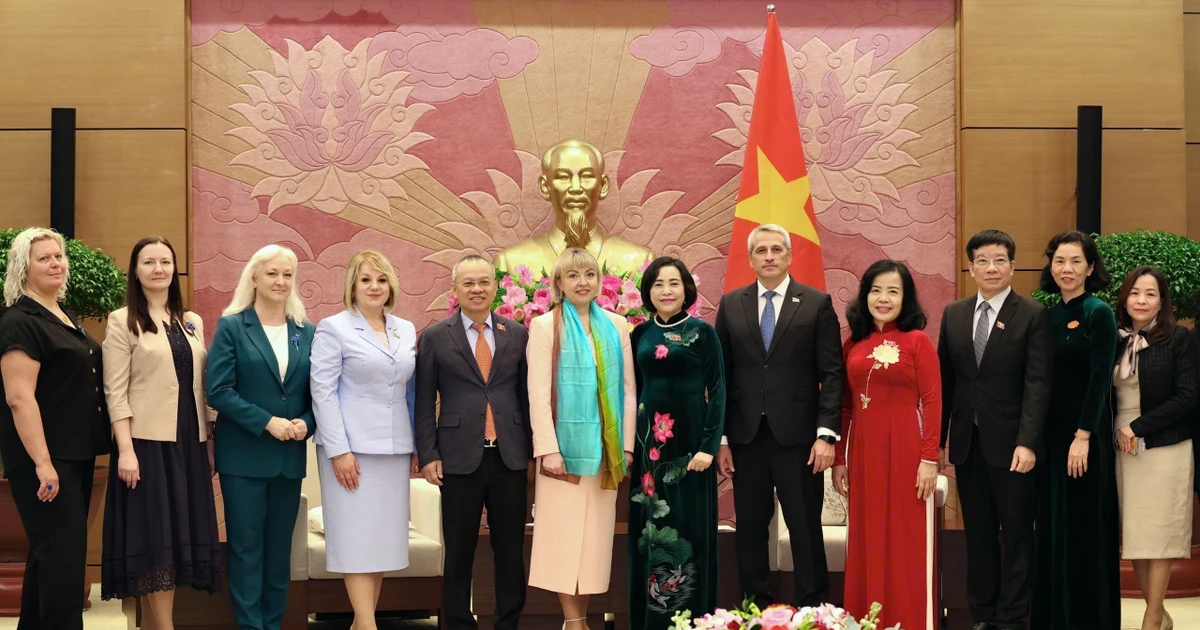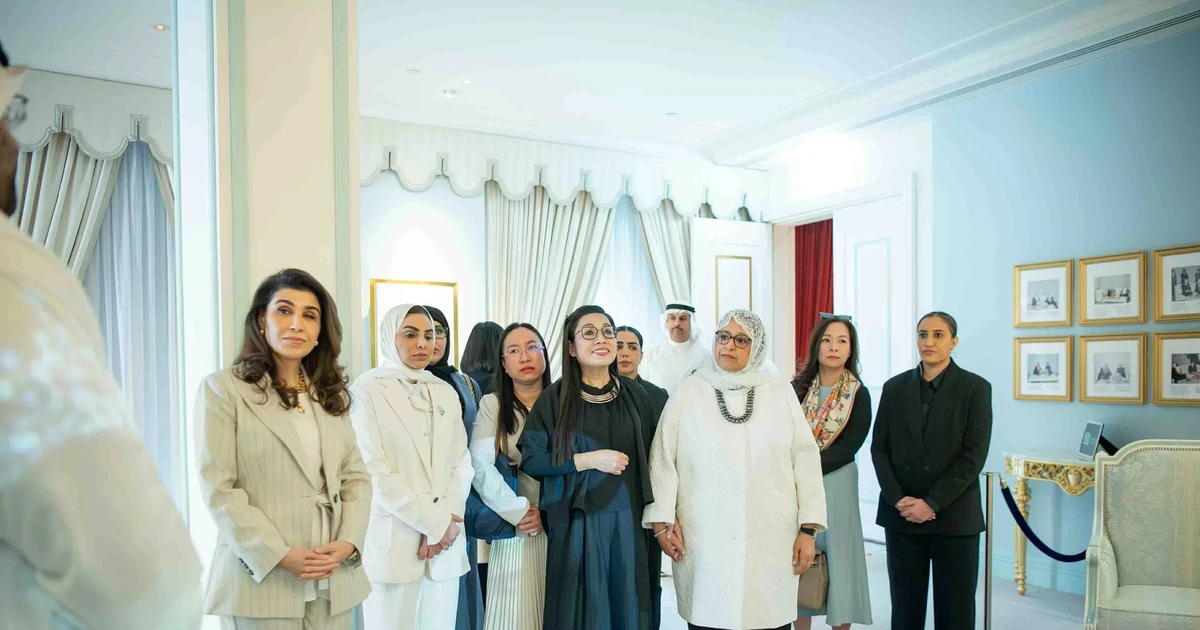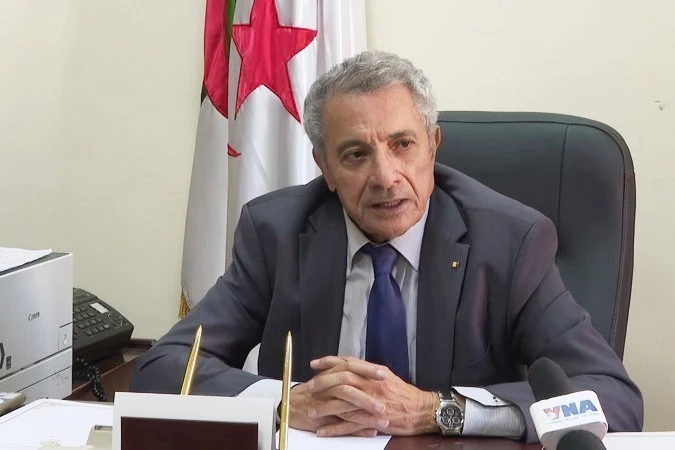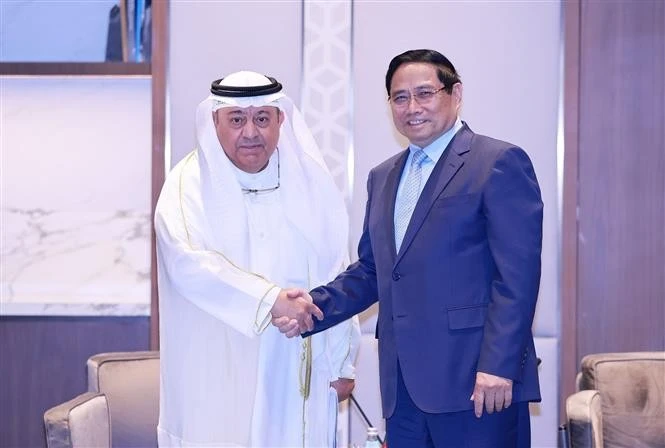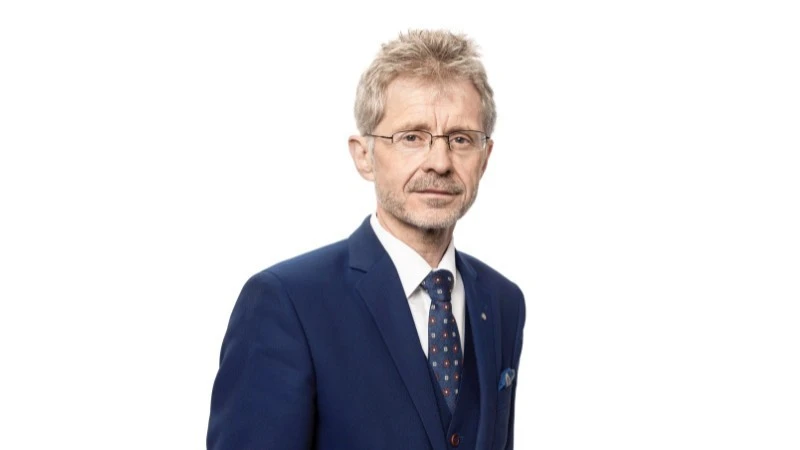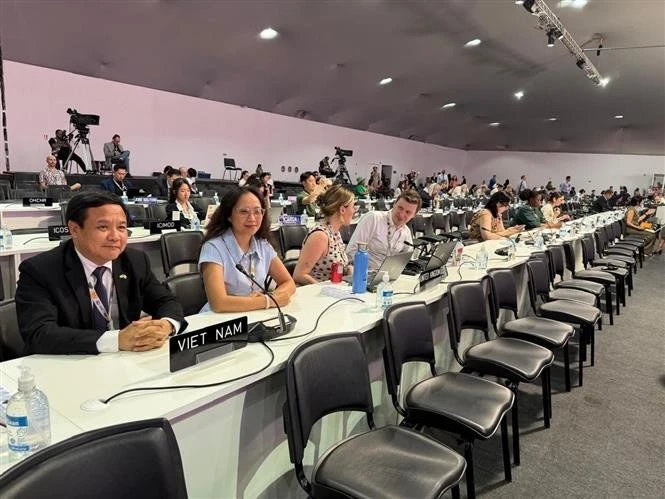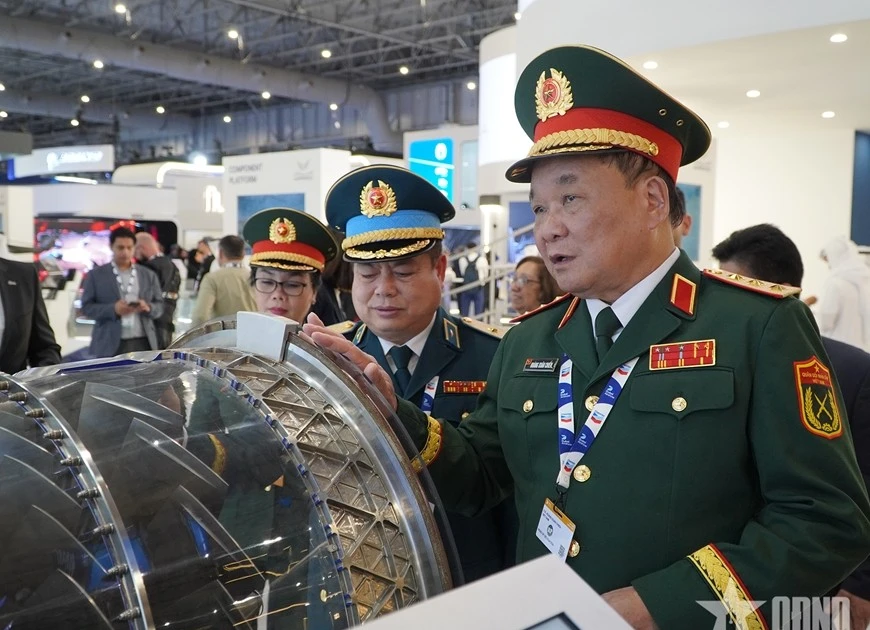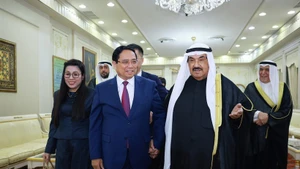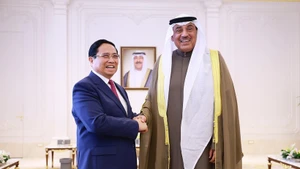Binh highlighted the PCA’s record caseload of nearly 500 disputes in 2023-2024, the highest in its 125-year history, as evidence of its growing role and reputation in delivering justice worldwide.
Welcoming the PCA’s decision to establish a representative office in Viet Nam, which has steadily reinforced its role in both the country and the wider Asian region, he said the PCA’s plan to bring more cases to Viet Nam for hearings underscores its reputation and Viet Nam’s growing contributions. It will also give Vietnamese arbitrators and legal enforcement agencies invaluable hands-on experience in dispute settlement.
The Vietnamese Government is fully committed to rule-of-law activities, Binh said, noting that Viet Nam has already offered visa exemptions for most highly qualified foreign experts and will extend the same to PCA and International Financial Centre (IFC) personnel. Challenges related to services, accommodation, venues, or payments can be manageable.
According to him, the Vietnamese National Assembly has already issued a resolution on the IFC, and the Government assigned the Ministry of Justice to draft a decree expected to be issued next week. The IAC, housed within the IFC, will operate in line with international standards, ensuring that in the event of risks or disputes, investors’ rights are protected according to global best practices.
Disputing parties will have three options: mediation (under arbitral or judicial frameworks), arbitration through the IAC, or litigation before a specialised court. English common law will be applied in the specialised court, foreign judges and arbitrators will be allowed to serve, while rulings issued by both the IAC and the specialised court will be enforceable within the IFC.
Binh asked the PCA to help recruit qualified staff for the IAC and its secretariat, support capacity building for arbitrators through training and professional development in IFC-related dispute settlement, and work with the Ministry of Justice (MoJ) to finalise the draft decree governing the IAC in line with the world’s most advanced standards. These efforts, he said, will help ensure investors’ confidence and trust.
He also requested that the PCA share a list of internationally reputable arbitrators for selection by IFC leaders and assist with the IAC’s operations. The first cases handled by the IFC, he stressed, must win global confidence.
Czepelak, for his part, noted that the PCA has already handled 31 Viet Nam-related matters and is expanding its Ha Noi office with an emphasis on capacity building. Technical arrangements are being finalised with the Ministry of Foreign Affairs (MoFA) to broaden activities in the country.
He confirmed that he is pushing the PCA headquarters to bring more hearings to Viet Nam, citing the country’s neutrality, existing Ha Noi office, and strong international flight connections, with a target of six or seven external cases in the near term.
Successful hearings in Ha Noi are critical to attracting additional volume, Czepelak said, adding that the PCA relies on close coordination with the MoFA, banks, and hotels. Any challenges can be resolved through joint efforts and determination, he said.
The PCA Secretary-General reaffirmed the importance of continued support, saying the PCA enjoys strong cooperation with the MoFA and the Ministry of Justice and stands ready to collaborate further under the IFC framework.
